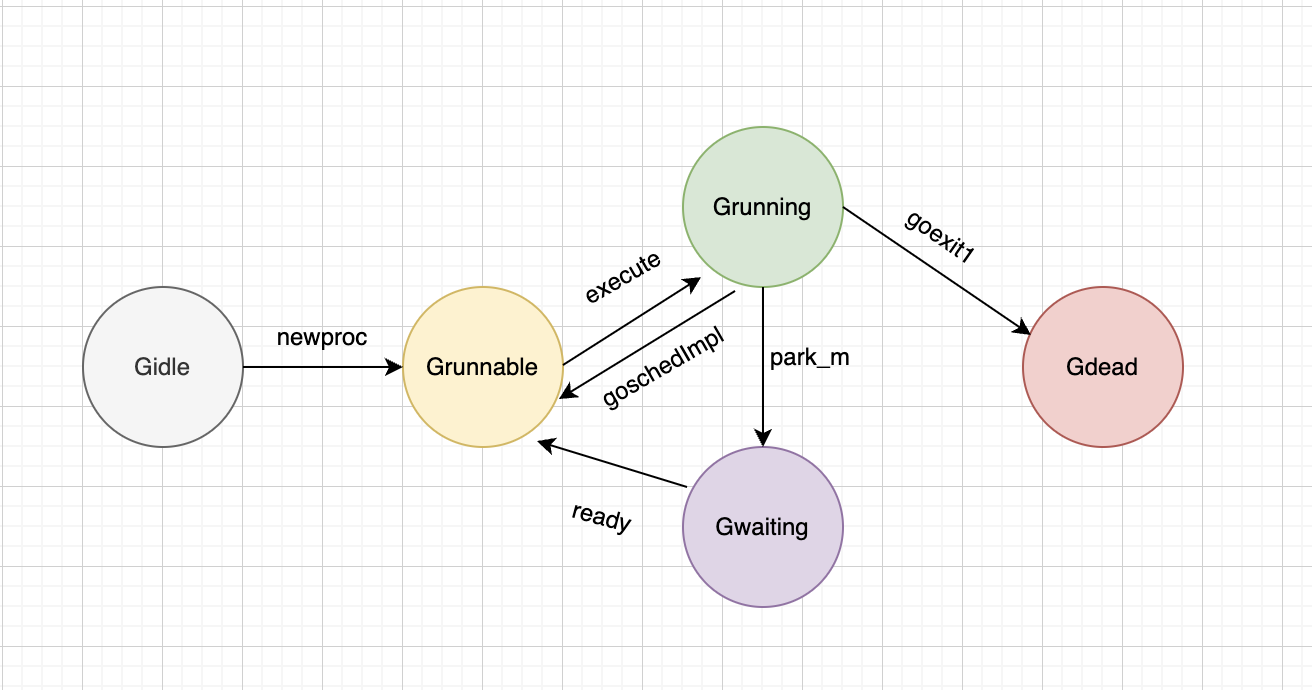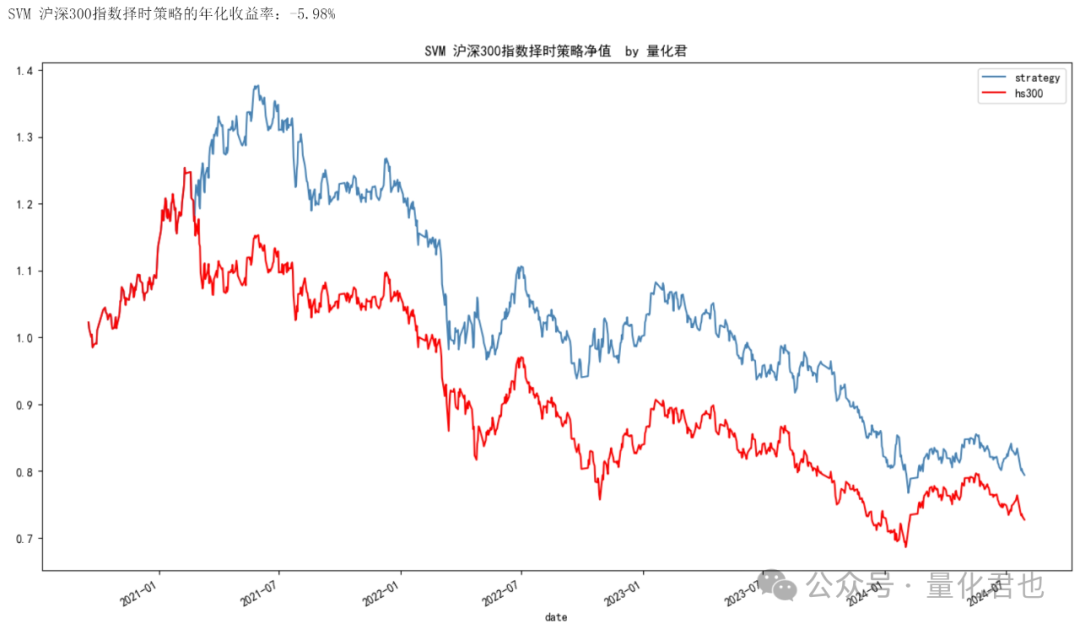目录
一.结构体变量直接赋值
二.视频教程
一.结构体变量直接赋值
通过上节课的学习得出了一个结论:俩个相同类型的结构体变量直接可以只用赋值号进行赋值。
像这样:
struct test {
int a;
int b;
};
int main(void)
{
struct test x = {1,2};
struct test z;
z = x;
printf("z.a is %d,z.b is %d\n",z.a,z.b);
return 0;
}我们改一下这个例子,在test结构体中添加一个指针类型的成员。
#include <stdio.h>
#include <stdlib.h>
#include <string.h>
struct test {
int a;
int b;
char *title;
};
int main(void)
{
struct test x = {1,2};
x.title = malloc(sizeof(char));
strcpy(x.title,"a");
struct test z;
z = x;
printf("z.a is %d,z.b is %d,z.title is %s\n",z.a,z.b,z.title);
return 0;
}运行结果:

通过实验,这个例子也可以运行成功,如果我们修改一下结构体变量x中的title成员,会发现结构体变量z中的title成员也会发生变化。
#include <stdio.h>
#include <stdlib.h>
#include <string.h>
struct test {
int a;
int b;
char *title;
};
int main(void)
{
struct test x = {1,2};
x.title = malloc(sizeof(char));
strcpy(x.title,"a");
struct test z;
z = x;
strcpy(x.title,"b");
printf("z.a is %d,z.b is %d,z.title is %s\n",z.a,z.b,z.title);
return 0;
}运行结果:

很显然,这是不正确的。
这是为什么呢,我们来看这张图

因为指针共同指向了一个相同的地址,所以该地址指向的值发生变化会都发生变化。所以需要补充的结论是:如果结构体中有指针成员,切勿直接赋值,要分开赋值,否则成员之间会互相影响。
所以正确的写法是:
#include <stdio.h>
#include <stdlib.h>
#include <string.h>
struct test {
int a;
int b;
char *title;
};
int main(void)
{
struct test x = {1,2};
x.title = malloc(sizeof(char));
strcpy(x.title,"a");
struct test z = {3,4};
z.title = malloc(sizeof(char));
strcpy(z.title,"b");
printf("x.a is %d,x.b is %d,x.title is %s\n",x.a,x.b,x.title);
printf("z.a is %d,z.b is %d,z.title is %s\n",z.a,z.b,z.title);
return 0;
}运行结果:

二.视频教程
72.结构体变量直接赋值_哔哩哔哩_bilibili



















